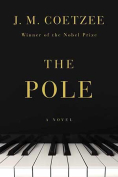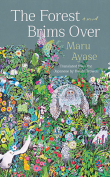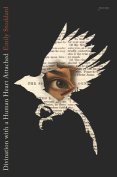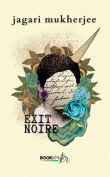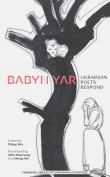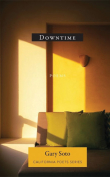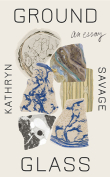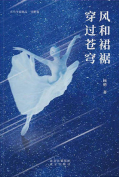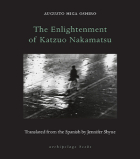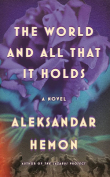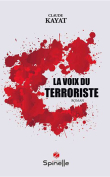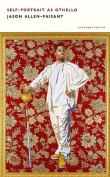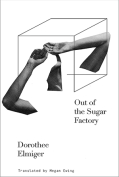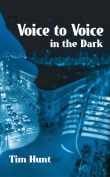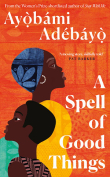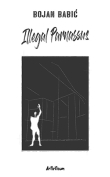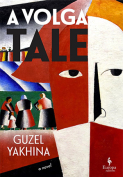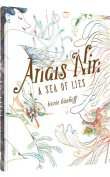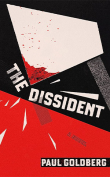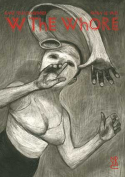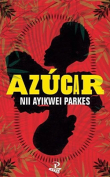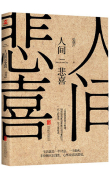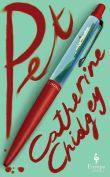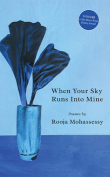Exit Noire by Jagari Mukherjee
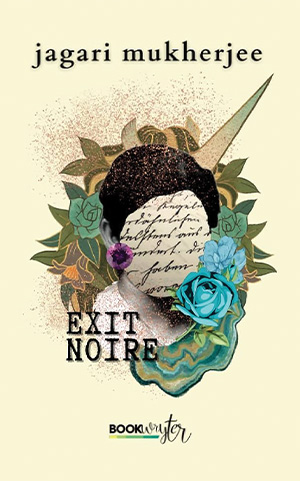 Kolkata. BookWryter. 2023. 87 pages.
Kolkata. BookWryter. 2023. 87 pages.
Exit Noire is a passionately imaginative collection of verse. The many masks of the poet create a story of lovelorn life, painting it opaquely. The poet uses masks to define her reality. These masks are derived from sources ranging from paintings (“Raindance,” “The Third Day,” and “Jeanne”) to personal histories (“Durgarani”), completing a narrative of the speaker’s interior life. The blurred distinction between poet and speaker presents the poet’s imagination, guarding it from grief in the poems. As confessional work, Mukherjee’s poems strive to present an image of human yearning that satisfies the mystery her opaque personas create.
In “Durgarani,” the poet’s grandmother represents moments of history lived contemporaneously. Mukherjee writes, “Although orange juice and lemons / are not sold for a penny nowadays; / yet the rest of the song is true.” Durgarani’s dementia in the poem parallels this fact as she sings “Orange juice and lemons” to the speaker, believing her “perhaps” to be a “childhood friend” in the imagination of the poet. Grief here isolates historical memory with a touch of ironic joy. “Each wrinkle on her skin had a story,” the poet writes, illuminating the past tense in a narrative of place and time.
There are also many beloveds in this collection, and the speaker merges with the language in a way such that the reader indeed wonders at her apotheosis. In “Thirteenth January,” the poet writes tenderly of the comfort offered by the subject. The dedication “for Amit” suggests a male presence in the language. The enchantment here is in lines such as “The stars watched, pity in their light, / in quiet conspiracy.” In the next stanza, “blue hearts / adorn the once-cracked mirrors of the soul,” suggesting hope offered by this presence. The speaker’s affections shine in the last line: “have you seen my star sparkles / on your seacrest?” Here mystery is intoned by the atmospheric coloring. The nighttime sea is paralleled in the earlier image of “restless fireflies” in the subject’s hair.
Mukherjee is not clear on her stances socially and politically, which gives the collection fresh merit. The poems are confessional because they shed ideological overtones. The poet’s brilliance is in her several allegories and approaches to love lost, love gained. The ekphrastic “Raindance” is carefully constructed with erotic imagery. “Now is the chance to gift my flowers, wet; / my joy in swirls, more joys beget. / Even after twenty years / you’ll find my colors fresh. / There’s bliss in blooming, / bliss in our gaze.” The eroticism of aesthetic experience presents a conundrum of its own.
Overall, this is beautifully abstract language and sign-ensconced exploration within common life travails. Beauty is found in literature and art throughout the speaker’s confessions. The poet adapts personas from life, art, and literature to explore the depths of self and experience. The arts are essential to the speaker, whose opaque personas resonate with the reader.
Jagari Mukherjee is masterful at enmeshing mood and resonances within a story of life. In the title piece Mukherjee writes, “(I know kindness now, / and the sweetness / of the whole picture.)” This concludes the collection. These poems are full of an ironic hope that life will prevail. Love, being life, returns in many forms.
Dustin Pickering
Houston
